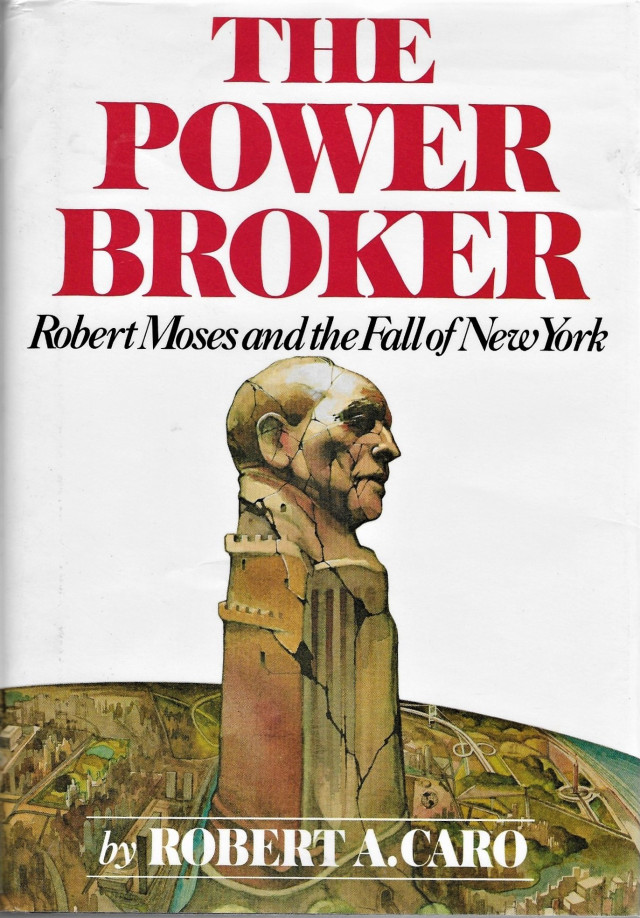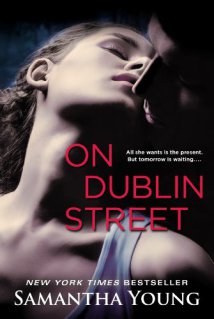
I recently saw the documentary film Citizen Jane: Battle for the City, about urban theorist and activist Jane Jacobs (1916-2006) and her epic battle during the 1960’s against city planner Robert Moses (1888-1981) over urban renewal projects in New York City.
I was surprised that a film that would seemingly be of great interest and relevance to New Yorkers was not better attended. The theater, the Lincoln Plaza Cinema on Manhattan’s West Side, was practically empty.
The New York Times gave the film and a more or less favorable but lukewarm review.
There was an interesting article about the making of the film in Vogue:
“Citizen Jane Is a Primer on How to Resist Authoritarianism” by Julia Felsenthal, Vogue, April 21, 2017
http://www.vogue.com/article/jane-jacobs-documentary-citizen-jane-matt-tyrnauer
The article was based on an interview with the director, Matt Tyrnauer.
Felsenthal: “Jane Jacobs isn’t mentioned in Caro’s book [a biography of Robert Moses]. Is that an erasure? Why would he leave her out?”
Tyrnauer: “It’s unclear. Caro has spoken to this, and he’s said that the manuscript when he turned it in was double the length of the published book. He has said there had been mention of Jacobs that was cut out. Whether it was a purposeful erasure or not, it is in a way an erasure. She was an important figure who had written about this city in that period. She probably wrote the greatest book about the city [The Death and Life of Great American Cities], and she’s not mentioned in this other book [Caro’s biography] about power and the city. She was involved in key battles against Moses and not mentioned as an activist either. So I think this film serves as another part of the narrative of the period that you don’t find in The Power Broker [Caro’s book about Moses] for whatever reason. I think it’s important to have that history told, to have it be accessible. [italics added]
********************************************************
Robert A. Caro wrote a groundbreaking, award winning book about Moses: The Power Broker: Robert Moses and the Fall of New York (1974).
Caro is known as the consummate investigative journalist, an admired biographer who leaves no stones unturned in his research, which is exhaustive and prodigious. He writes massive tomes that answer every conceivable question about his subject. (He has done the same thing with Lyndon Johnson.) He unearthed incriminating information about Robert Moses that was unlikely to have otherwise ever been discovered.
So, I keep asking myself, how could Jane Jacobs have gotten completely left out of his 1246-page biography of Moses? She is not in the index.
Jacobs was the key figure in organizing opposition to and defeating Moses’s plans to extend Fifth Avenue through Washington Square Park in Manhattan; to designate the West Village as a “slum,” which would have meant essentially razing the neighborhood; and, most importantly (and most frightening), to build a Mid-Manhattan Expressway that would have destroyed the character of much of Lower Manhattan and, in the final analysis, of Manhattan itself. It was the beginning and then the apotheosis of Moses’s downfall.
As one film critic has observed, “Jane Jacobs was the David to Robert Moses’s Goliath.” She succeeded against what seemed to be impossible odds.
What is the excuse for Jane Jacobs not even being mentioned in Caro’s book?
— Roger W. Smith
May 2017
Share!




